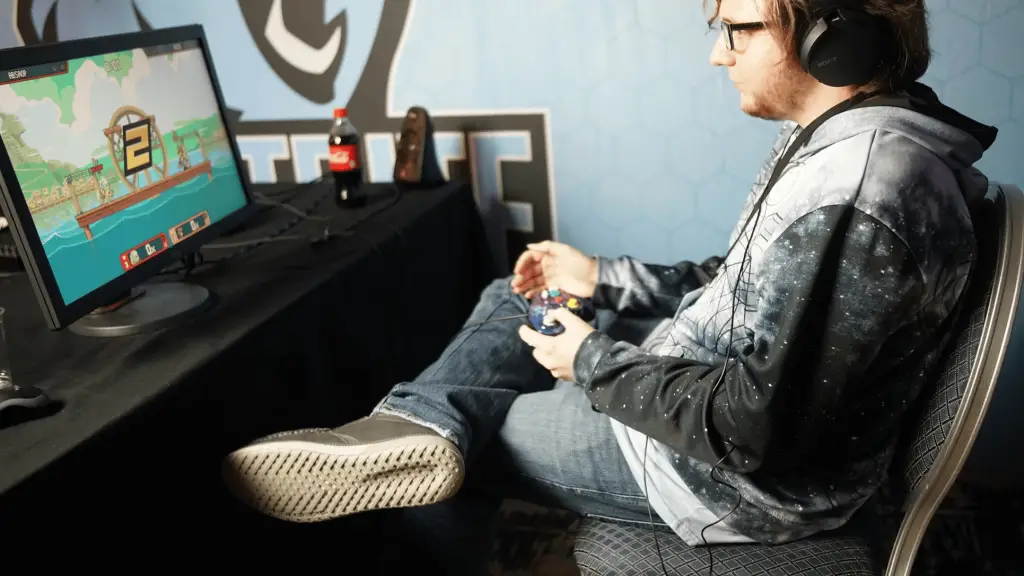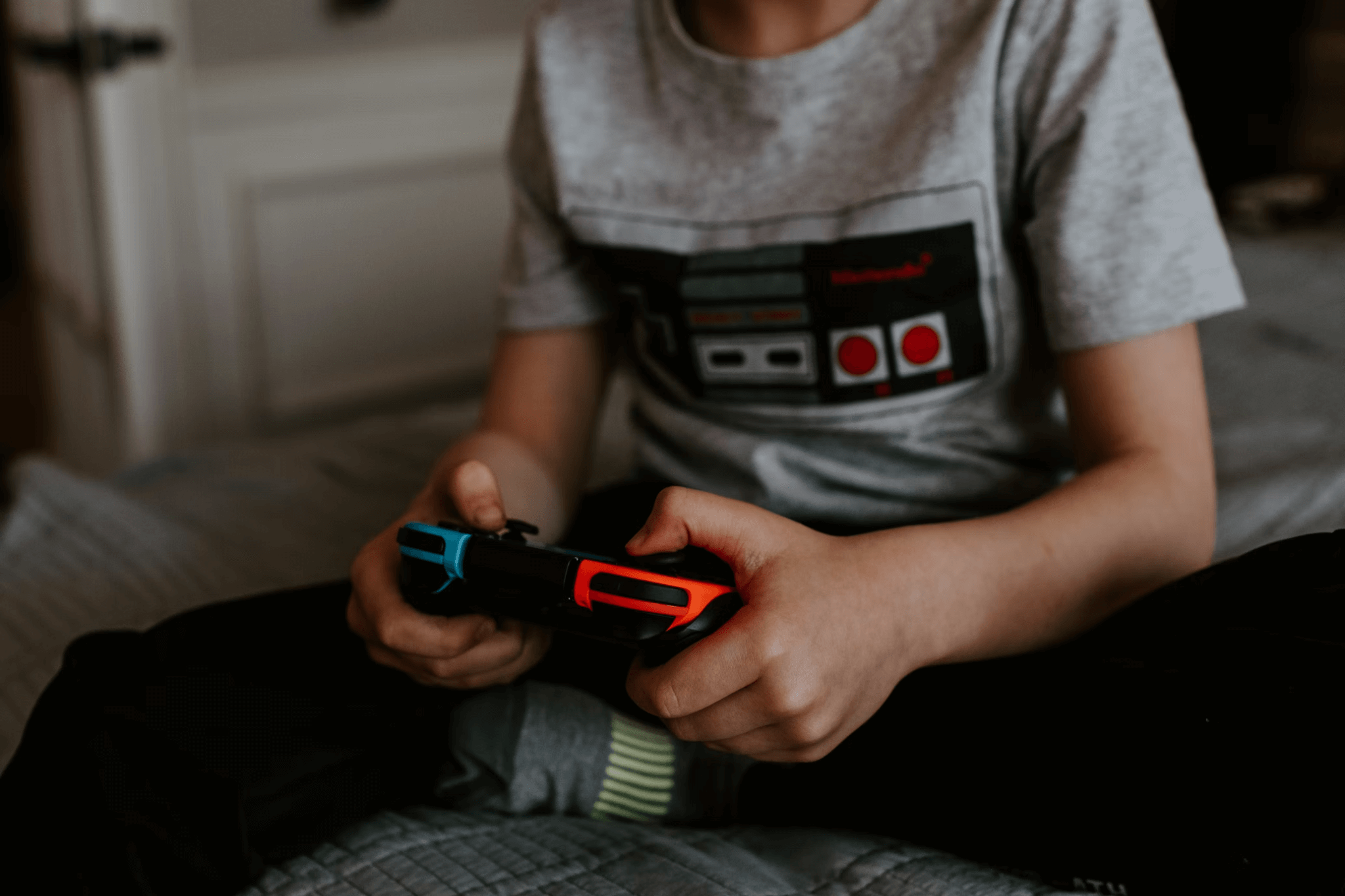Many people think that video games are just a form of entertainment. Some even say that they are nothing but an unnecessary distraction on a student’s educational journey. However, when used correctly, video gaming can help students become more creative and improve their problem-solving skills. This article will discuss eight methods to show how video games can have a positive effect on the learner’s cognitive and creative development.
1. Enhancing Spatial Awareness
Aspiring engineers, architects, and artists must be able to visualize spaces and forms in their heads. Minecraft or Portal are games in which the player must manipulate the space and objects around them to progress. As a result, gaming can increase spatial awareness, which can come in handy for various school projects. If you need help with the latter, check out this assignment writing service UK. It offers assistance with various subjects, working even on a tight deadline.
2. Fostering Problem-Solving Skills
A lot of video games are based on solving problems, or problem chains, to unlock a new level. Games such as The Legend of Zelda or the Kerbal Space Program require the player to identify an issue, think creatively about solutions, and then use constraints to come up with a strategic plan. These kinds of skills are highly portable to academic and real-world contexts. The more a student practices them, the better they’ll get.
3. Encouraging Creative Solutions
Video games also encourage creativity through the provision of multiple potential avenues for accomplishing goals. Often, this takes the form of open-world games (think of The Sims or Skyrim) in which there are multiple paths to accomplishing goals. This requires the player to think creatively about the problem at hand. This creativity can translate to the classroom, as students learn to think more flexibly and less linearly about potential solutions to problems. That said, if you are looking for some great solutions for a student’s problems, you can visit this link to learn more about various writing aids that will make your homework stress obsolete. They can write essays and other papers for cheap.

4. Improving Collaboration and Communication
Many contemporary video games are multiplayer and entail collaborative efforts with other players to attain shared objectives. Games such as Fortnite or League of Legends demand that players communicate with one another and coordinate their actions and tactics, while many team sports video games are essentially just videogame versions of real-life sporting competitions. Thus, players in multiplayer video games learn skills such as communication, teamwork, and planning that can be very useful when working in groups, in school, or on other collaborative projects or workplaces.
5. Building Persistence and Resilience
Video games build persistence and grit through tough levels and high stakes. Games are also replete with failure and trying again. Students who play video games can acquire the grit and growth mindset that helps them realize that ability is not fixed and can improve through continuous effort. This is a crucial attitude for the classroom, as it helps students view challenges as opportunities for figuring things out.
Key Cognitive Benefits of Playing Video Games:
- Improved memory: Games that force players to remember and use large amounts of information can enhance memory.
- Better attention to detail: Games that force players to spot small differences or changes in the game environment can improve visual recognition skills and attention.
- Speed of processing: The ability to make quick decisions in stressful situations can improve mental agility and processing speed.
- Multitasking: Switching between tasks and resources in-game can enhance players’ ability to handle multiple tasks at once.
6. Cultivating Time Management Skills
Games such as StarCraft and Civilization require players to juggle resources and manage time limits. The skills that players use to balance all the different aspects of the game can also be applied to handling academic commitments in real life, helping players to spend their time more effectively.
7. Enhancing Educational Learning through Gamification
Educational games tailored to educational purposes, like Duolingo or DragonBox, can teach language, math, science, and other skills in a playful and fun way, using the gamification of learning to engage your child for longer and with more success.
8. Reducing Stress and Fostering Relaxation
Moreover, playing video games can help us relax and de-stress, something that greatly contributes to mental health and, consequently, to academic motivation. Games with a peaceful and calm landscape can be useful for students combating anxiety and stress and make them more likely to unwind enough to be able to study.
Leveling Up Academic Success
Gaming has immense potential to improve creativity and problem-solving skills. Educators and students alike can harness the full benefits of games and turn play into productive playtime. If handled correctly, games can be a gateway to elevating learning potential and making individuals better prepared for various challenges at school and beyond.







